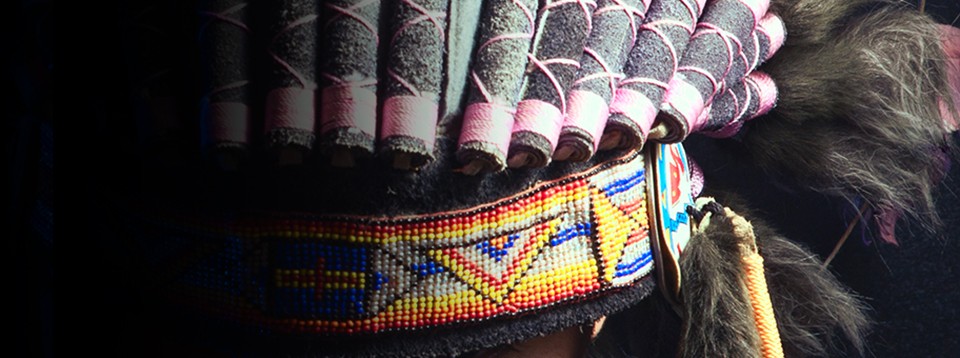First Nations Election Codes

Indigenous communities in Canada are governed by traditional Indigenous legal traditions, reflecting the diverse beliefs and practices, unique to each Indigenous group (Borrows 2006). The process of colonization attempted to eliminate these practices through assimilation, with devastating effects (Alfred 2009; Borrows 2006; Henderson 2006; Ladner 2009). The imposition of the Indian Act governance system has been the most detrimental (Palmater, 2010). Many Indigenous communities are revitalizing legal traditions with respects to governance of human relationships and dispute resolution, to develop contemporary laws based on values that inform and shape their traditional approaches (Borrows 2006, Alfred 2009). However, there are challenges associated with what has been termed “neo-liberal” Indigenous governance (MacDonald, 2011).
“Currently, of the 617 First Nations in Canada, 240 (roughly 40 per cent) hold elections in accordance with the election provisions of the Indian Act. An additional 341 First Nations (55 per cent) have community-designed or custom election codes; while 36 First Nations (5 per cent) select leaders pursuant to constitutions contained in their self-government agreements.” (INAC, 2012) This research is especially relevant given that the federal government has introduced Bill S-8 proposing amendments to the election provisions stated in the Indian Act.
This project aims to explore the difference in leadership selection between First Nations with their own election codes and those without. It will collect primary data on the types of band election codes used in First Nations belonging to First Nations in Ontario. It aims to answer the following: why do some communities remain codeless (relying exclusively on Indian Act rules), how custom codes differ, if at all from Indian Act structures, whether the new legislation will answer any of these questions and what has been the impact on traditional forms of governance, and what alternatives are available presently given the slow pace at which the recognition, respect and implementation of treaties, Indigenous title, and self-determination arrangements unfold. This includes the collection of primary data (election codes), the analysis of case law (legal research/ regulations), the compilation of information related to traditional governance (historical research) and oral evidence from Indigenous leaders, politicians, elders and community members related to Indigenous traditions and policy alternatives.
Although informed by the history and tradition of each First Nation, this research will focus on the modern application of First Nation laws which impact their governments and communities specifically in relation to identity and citizenship. The experience of Indigenous peoples in the 21st century is shaped by their rich histories dating back to time immemorial, as well as the devastating impacts of colonial laws and policies in the last several hundred years. This research seeks to empower, rebuild capacity, strengthen the bonds between traditional Indigenous knowledge and modern realities to help support strong, self-determining Indigenous Nations which have happy, healthy citizens who are culturally, physically, socially, politically and legally safe in all aspects of their communal and individual lives. The current insecurity of identity, membership and citizenship created through government control must be addressed as part of this overall goal.